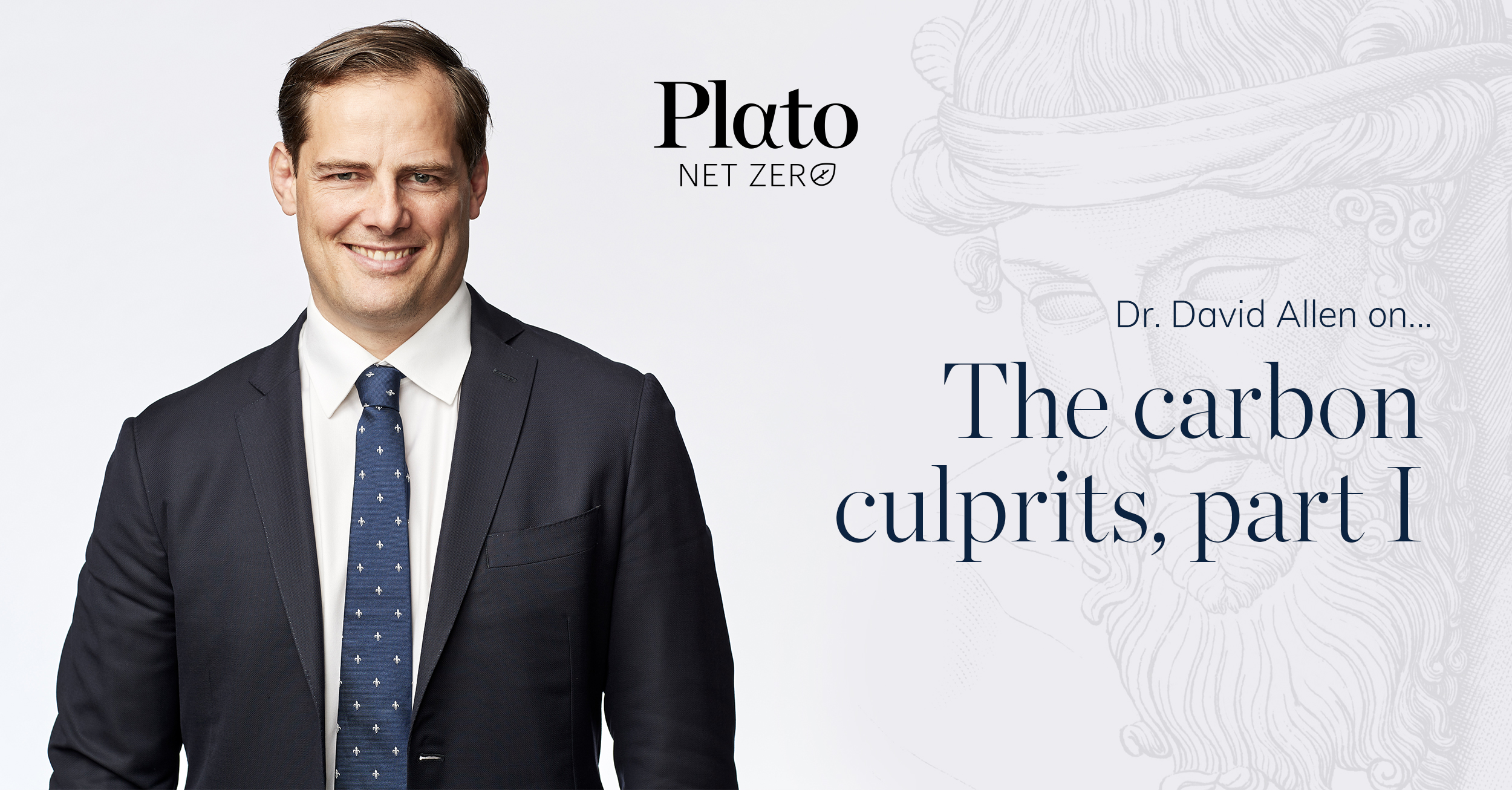
Dr. David Allen
With the world in a race against time to get to net-zero CO2 emissions by 2050 it makes sense to have a look at where the CO2 is coming from. In the first part of this series, we take a look at the countries that are driving CO2 emissions and how this has changed over time. The chart below shows the total CO2 emissions by country since 1990.
In 1990, the US was by far the dominant source of CO2 emissions, producing more emissions than China and Russia combined. The rapid industrialisation of China from 2000 catapulted China to the top of the pack. China now generates more than twice as much CO2 as the US. At the same time, India has risen from 7th place to 3rd. Russia meanwhile has slipped down the rankings as the population has fallen and the economy has stagnated. Australia punches above our weight (not in a good way!) ranking 16th for overall CO2 emissions despite the fact we are ranked 54th in the world by population. In part II we look at emissions on a per capital basis over time.
About the Author

Dr David Allen is head of Short/Long Strategies at Plato, managing the Plato Global Net Zero Hedge Fund. He holds a PhD from Cambridge and Bachelor of Business with First Class Honours.
DISCLAIMER:
This document is prepared by Plato Investment Management Limited ABN 77 120 730 136, AFSL 504616 (‘Plato’). Pinnacle Funds Services Limited ABN 29 082 494 362, AFSL 238371 (‘PFSL’) is the product issuer of the Plato Australian Shares Income Fund (‘the Fund’). The Product Disclosure Statement (‘PDS’) of the Fund is available at https://plato.com.au/. Any potential investor should consider the relevant PDS before deciding whether to acquire, or continue to hold units in, a fund.
Plato and PFSL believe the information contained in this document is reliable, however no warranty is given as to its accuracy and persons relying on this information do so at their own risk. This communication is for general information only and was prepared for multiple distribution and does not take account of the specific investment objectives of individual recipients and it may not be appropriate in all circumstances. Persons relying on this information should do so in light of their specific investment objectives and financial situations. Any person considering action on the basis of this communication must seek individual advice relevant to their particular circumstances and investment objectives. Subject to any liability which cannot be excluded under the relevant laws, Plato and PFSL disclaim all liability to any person relying on the information contained in this communication in respect of any loss or damage (including consequential loss or damage), however caused, which may be suffered or arise directly or indirectly in respect of such information.
Any opinions or forecasts reflect the judgment and assumptions of Plato and its representatives on the basis of information at the date of publication and may later change without notice. Any projections contained in this presentation are estimates only and may not be realised in the future. The information is not intended as a securities recommendation or statement of opinion intended to influence a person or persons in making a decision in relation to investment. Past performance is not a reliable indicator of future performance.
Unauthorised use, copying, distribution, replication, posting, transmitting, publication, display, or reproduction in whole or in part of the information contained in this document is prohibited without obtaining prior written permission from Plato. Plato and their associates may have interests in financial products mentioned in the presentation.
“A good decision is based on knowledge and not on numbers.”
Plato (427-347 BC)



